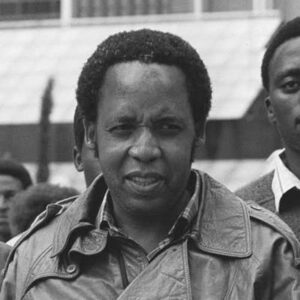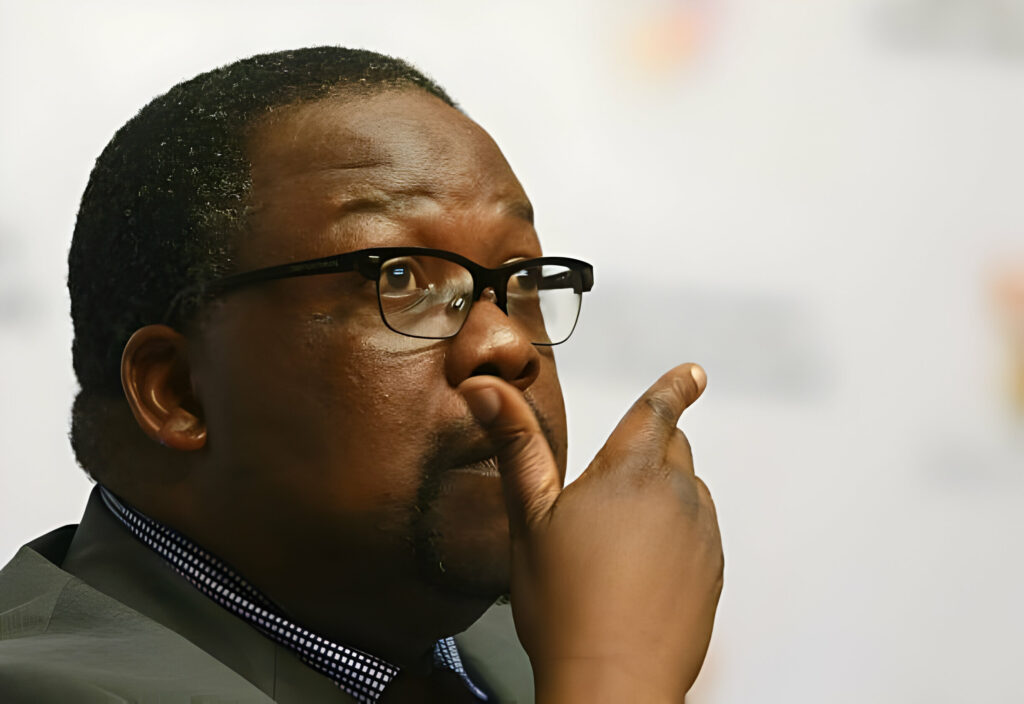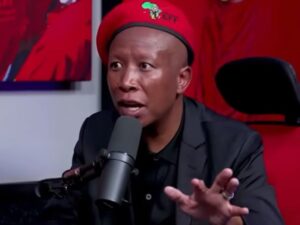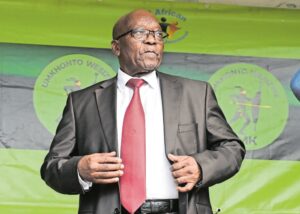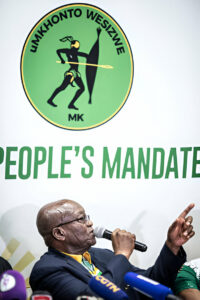A notable figure in South African politics, a former cabinet minister, has made headlines by departing from the African National Congress (ANC), launching a severe critique against the party he once served. Nathi Nhleko expressed deep dissatisfaction with the ANC’s current direction, lamenting that the party has transformed into something unrecognizable from the movement he originally joined. He criticized the ANC for implementing austerity measures and for what he perceives as the dismantling of state-owned enterprises.
Ties to Jacob Zuma and a New Political Path
Nhleko, known for his close association with the controversy-ridden former President Jacob Zuma, finds himself at a crossroads following his departure. Earlier in the year, the ANC had suspended Zuma for his support of a competing political entity. Zuma has since aligned himself with the newly established uMkhonto we Sizwe (MK) party, actively participating in its efforts to garner support ahead of the General Election on 29 May.
While Nhleko’s future political affiliations remain uncertain, his resignation letter echoed sentiments similar to those Zuma voiced when he declared his allegiance to MK. This new party draws its name from the ANC’s historical military wing, which played a pivotal role in the struggle against apartheid.
Controversies and Defenses
During his tenure as police minister in Zuma’s cabinet, Nhleko became embroiled in controversy for defending the allocation of government funds—approximately $23 million—to enhancements at Zuma’s private Nkandla residence. He argued these expenses were essential security measures, including a swimming pool he famously termed a “fire pool” for emergency use, alongside other constructions like an amphitheatre and livestock enclosures.
Nhleko’s defense of these expenditures became a subject of public and parliamentary debate, with ANC Secretary-General Fikile Mbalula later stating that Nhleko had to navigate through “lies” in parliament, a challenge that Nhleko suggests influenced his decision to leave the ANC.
“In the past few years, I have observed that I no longer recognize this ANC that I joined, the ANC whose only aspiration was to liberate our people,” Nhleko remarked, referencing his disillusionment with the party’s shift towards privatization and reduced social spending, as reported by the Mail & Guardian.
Bheki Mtolo, the ANC’s KwaZulu-Natal Secretary, commented on Nhleko’s departure with a terse “good riddance,” indicating a belief that Nhleko’s political trajectory had been marred by his actions and statements as police minister.
The Political Landscape Ahead
The upcoming General Election presents significant challenges for the ANC, amidst predictions of a potentially historic shift in voter support. With MK, under Zuma’s influence, aiming to secure a substantial portion of the vote, especially in Zuma’s stronghold of KwaZulu-Natal, the ANC faces the prospect of losing its majority for the first time since it came to power in 1994.
Zuma’s critique of the current ANC leadership as being under the influence of “white monopoly capital” adds another layer of complexity to the political dynamics, contrasting sharply with the ANC’s stance. The forthcoming election, therefore, not only tests the ANC’s resilience but also the changing allegiances within South Africa’s political landscape.
